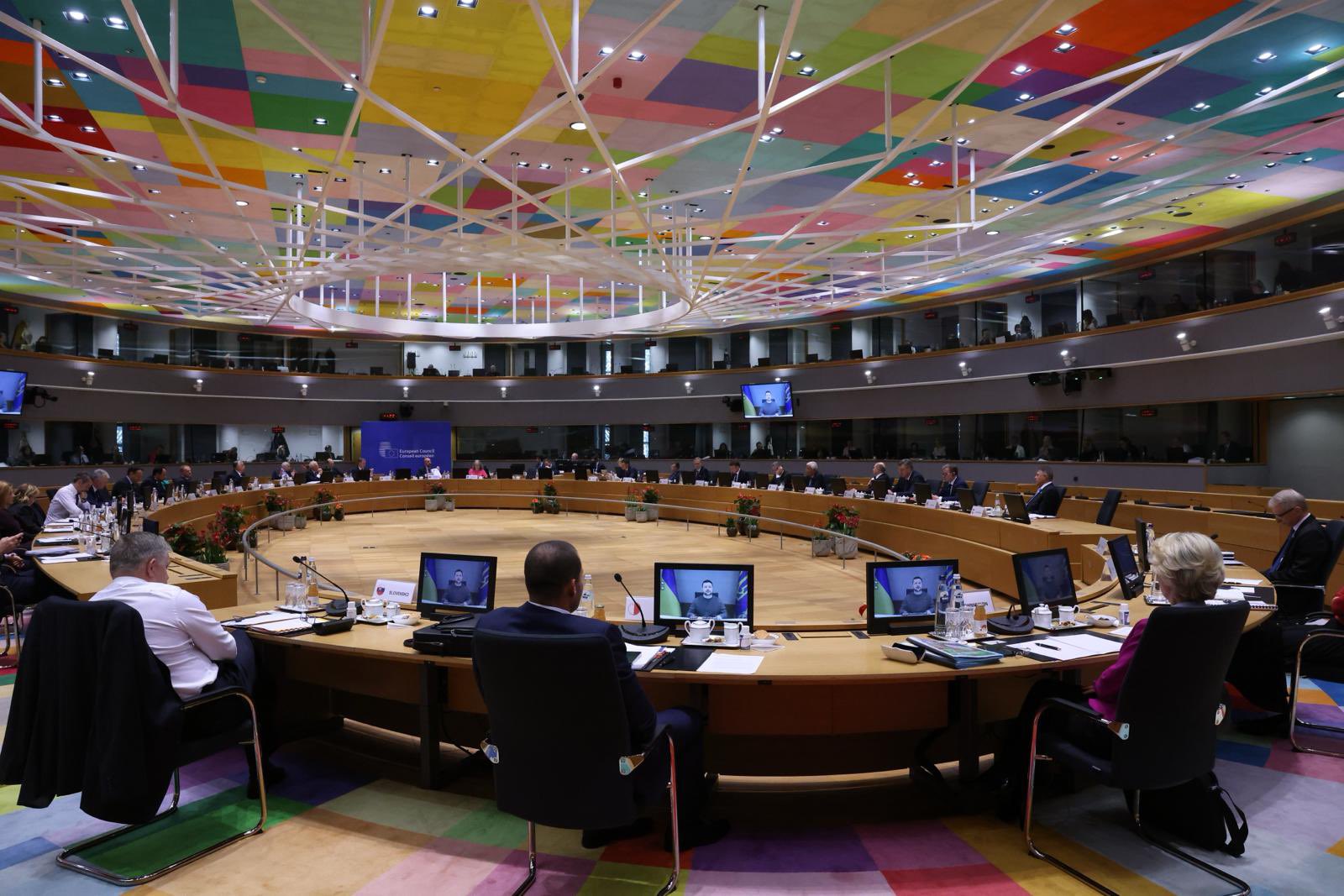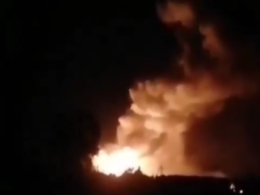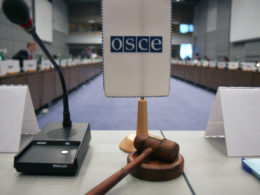The EU has failed to provide Ukraine with sufficient support to achieve victory in the war. The EU must draw the appropriate lessons by significantly increasing its military, economic, and financial assistance to the country, said Lithuania's Foreign Minister Kęstutis Budrys in Brussels ahead of the EU Foreign Affairs Council meeting, according to Ukrinform.
Since the start of Russia's all-out war against Ukraine in 2022, the EU has provided humanitarian, financial, and military aid for Kyiv. In 2025, the EU plans to provide €35 billion in financial aid through initiatives such as the G7 Extraordinary Revenue Acceleration loan initiative and the Ukraine Facility program, which aims to offer a total of €50 billion from 2024 to 2027 for budgetary support, investments, and technical assistance.
The EU Foreign Affairs Council met in Brussels on 27 January. Key topics will focus on the situation in Ukraine, EU-US relations after Donald Trump's inauguration as US president, and developments in the Middle East. During discussions on Russian aggression, Ukrainian Foreign Minister Andrii Sybiha is expected to join the European ministers via videoconference.
Ahead of the meeting, Lithuania's Foreign Minister Kęstutis Budrys emphasized that the EU must learn from its insufficient support for Ukraine, particularly as 24 February will mark the beginning of the fourth year of the war. He stressed the need to increase assistance to Kyiv to strengthen Ukraine. Budrys also said that a stronger Ukraine improves the chances of securing a lasting and sustainable peace for Europe.
He noted that the meeting of European ministers offers another opportunity to maintain pressure on Russia’s “war machine.”
In this context, the Lithuanian minister underscored the importance of preparing the 16th sanctions package against Russia in a timely and impactful manner. The package should target key revenue sources for the Kremlin, including energy resources, LNG supplies, and Russia’s ability to continue trading oil and petroleum products.
Additionally, the sanctions package should further tighten restrictions on Russia’s "shadow fleet," which is used not only to bypass EU sanctions but also for hybrid activities in the Baltic Sea.
Budrys expressed his belief that the numerous hybrid incidents in the Baltic Sea involving damage to critical infrastructure—four of which occurred this year—serve as a response to those who dismiss such events as “coincidences.” He stressed that each incident must be thoroughly investigated to determine its nature and identify the state actors responsible.
Earlier, an investigation found that industrial equipment manufacturers
from the Czech Republic, Poland, Sweden, and Switzerland continued operations in Russia despite the war.
Their products are used in military equipment despite such supplies being prohibited by Western sanctions.
The investigation revealed that European companies conduct business with Russia through subsidiary structures and firms owned by their top managers. The turnover of these local divisions has grown since the war began, reaching nearly $66 million by 2023.
Read also:
- Europe must strengthen defense policy, Zelenskyy urges at Davos forum
- EU’s Kallas warns against rushing Ukraine-Russia negotiations amid Trump’s push for talks
- No current prospects for peace talks between Ukraine and Russia, says Zelenskyy’s adviser
- Ukrainian FM Sybiha says maximum pressure must precede peace talks with Russia
- Blinken: Trump administration could help Ukraine “negotiate good deal”





